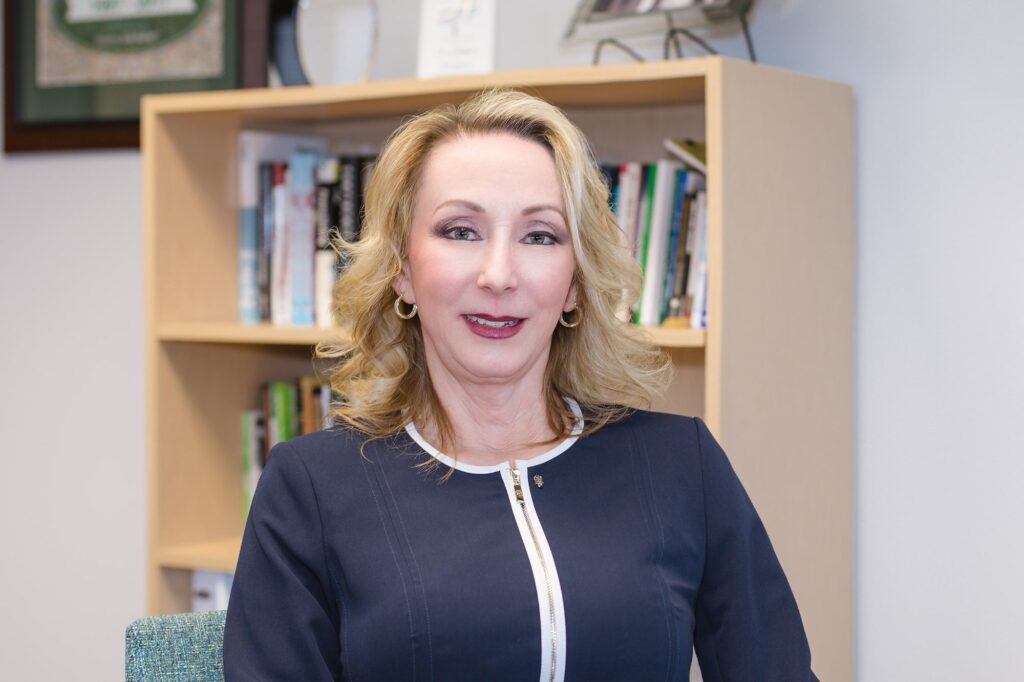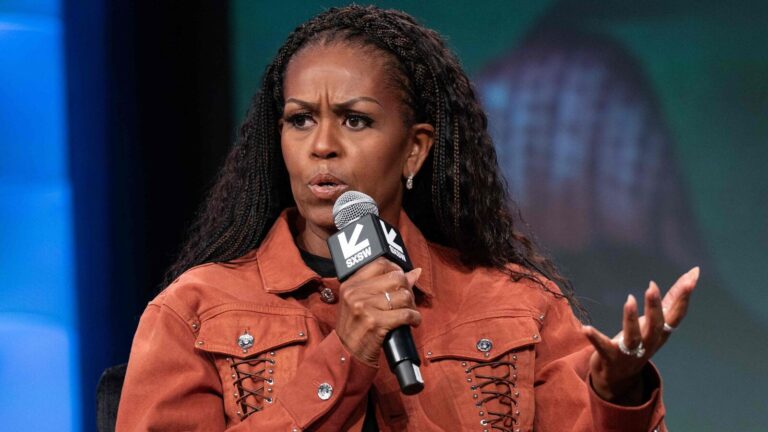
When Emma Dickison entered the franchising world, she wasn’t chasing a corporate title; she was simply trying to support her family. A single mom with a background in history and education, Dickison took a job with a little-known franchise brand called Blockbuster in 1990, then just 150 locations strong. Fourteen years later, she’d helped grow it into a global juggernaut with over 8,800 locations and more than $1 billion in annual sales.
“I fell in love with franchising,” she says. “If my parents had access to this model when they ran their small business, it would’ve been a gift. Franchising provides the network and support independent business owners often lack.”
Today, Dickison is CEO and president of Home Helpers Home Care, a brand ranked #489 on Entrepreneur‘s 2025 Franchise 500. She joined Home Helpers more than a decade ago, and her personal mission and professional experience seamlessly align. She was recently appointed to the International Franchise Association‘s board of directors — one of 16 new members elected in 2025 — capping off a career built on innovation, empathy and impact.
“Our job is to let them tell their story — and then provide the support they need.”
Dickison’s connection to caregiving has been lifelong. Even as a young girl, she helped her family support loved ones through serious health challenges, including strokes, cancer and the effects of aging. Her grandmother lived at home for 18 years following a series of strokes, cared for by the family. Today, Dickison is once again navigating caregiving firsthand, helping manage in-home hospice care for her mother-in-law.
“Even though I do this for a living, it’s still hard when it’s your own family,” she says. “But it reminds me that, for most people, this is their first experience with caregiving. They’re emotional, overwhelmed. Our job is to let them tell their story — and then provide the support they need.”
That mix of empathy and entrepreneurial drive is part of what’s made Dickison a respected leader in the franchising space. In addition to Blockbuster, where she rose to national director of franchise operations, she was vice president of franchise services at Sylvan Learning, worked with the Home Care Association of America as board president and spent six years on the IFA’s Women’s Franchise Committee.
She’s watched the number of women in the industry grow exponentially since her first IFA convention. “At my first IFA convention, there were maybe 30 women in the room,” Dickison says. “Today, there are hundreds, and it’s been incredible to watch that growth and to play a part in it.”
Related: How a Police Officer Started a Pet Care Business Making $3 Million a Year
“We have to protect this model and make it easier for franchisees to thrive.”
Now, as a newly-elected IFA board member, Dickison is focused on advocacy — educating lawmakers, consumers and communities about what franchising really is. “These aren’t giant corporations; these are local businesses,” she says. “We have to protect this model and make it easier for franchisees to thrive — whether that’s eliminating unnecessary red tape or improving access to capital.”
That mission resonates deeply with the broader goals of the IFA. As the franchising industry faces increasing regulatory scrutiny and widespread misconceptions, Dickison’s voice brings both credibility and compassion to the table. Her decades of hands-on experience — as a franchise leader, caregiver and advocate — equip her to speak not just from a policy standpoint, but from lived experience.
“Emma’s expertise and experience in franchising will help take the association to new levels so we can further support our members and the opportunities they create in local communities,” Matt Haller, IFA president and CEO, said in a statement.
Related: No Experience? No Problem. How This First-Time Franchisee Built a $3 Million Business.
At Home Helpers, Dickison continues to push for innovation. Under her leadership, the company launched the Cared-4 program in 2021, which layers in technology, wellness calls and nutritional support alongside traditional in-home care. She also helped steer the brand through the pandemic, working with state and federal leaders to ensure home care was deemed essential in all 50 states and Washington, D.C.
“We came out stronger,” she says. “Covid-19 put home care on the map. It showed people how vital it is — and how much better it can be.”
Related: What I Learned About Leadership as a NCAA Division 1 Soccer Referee




